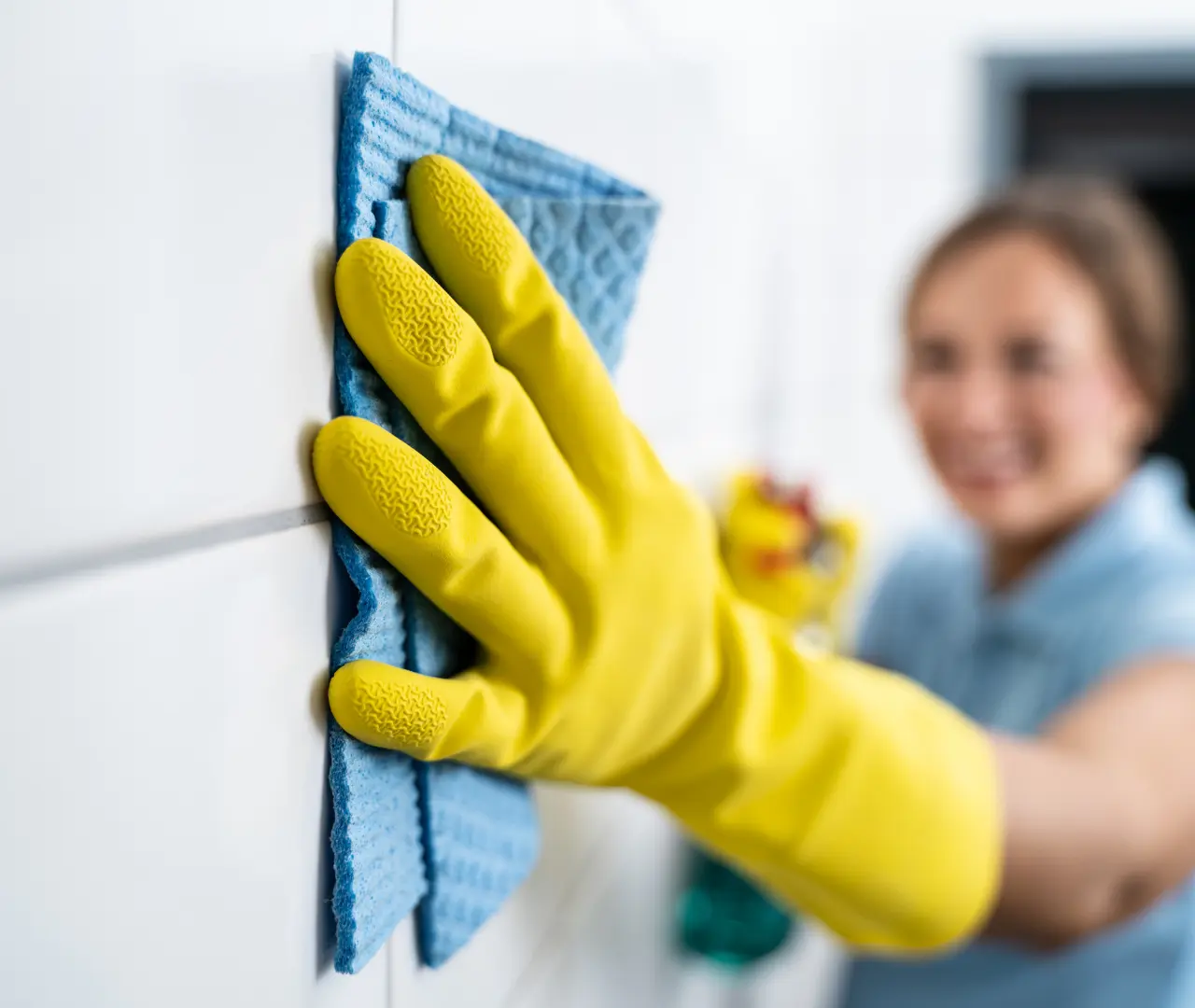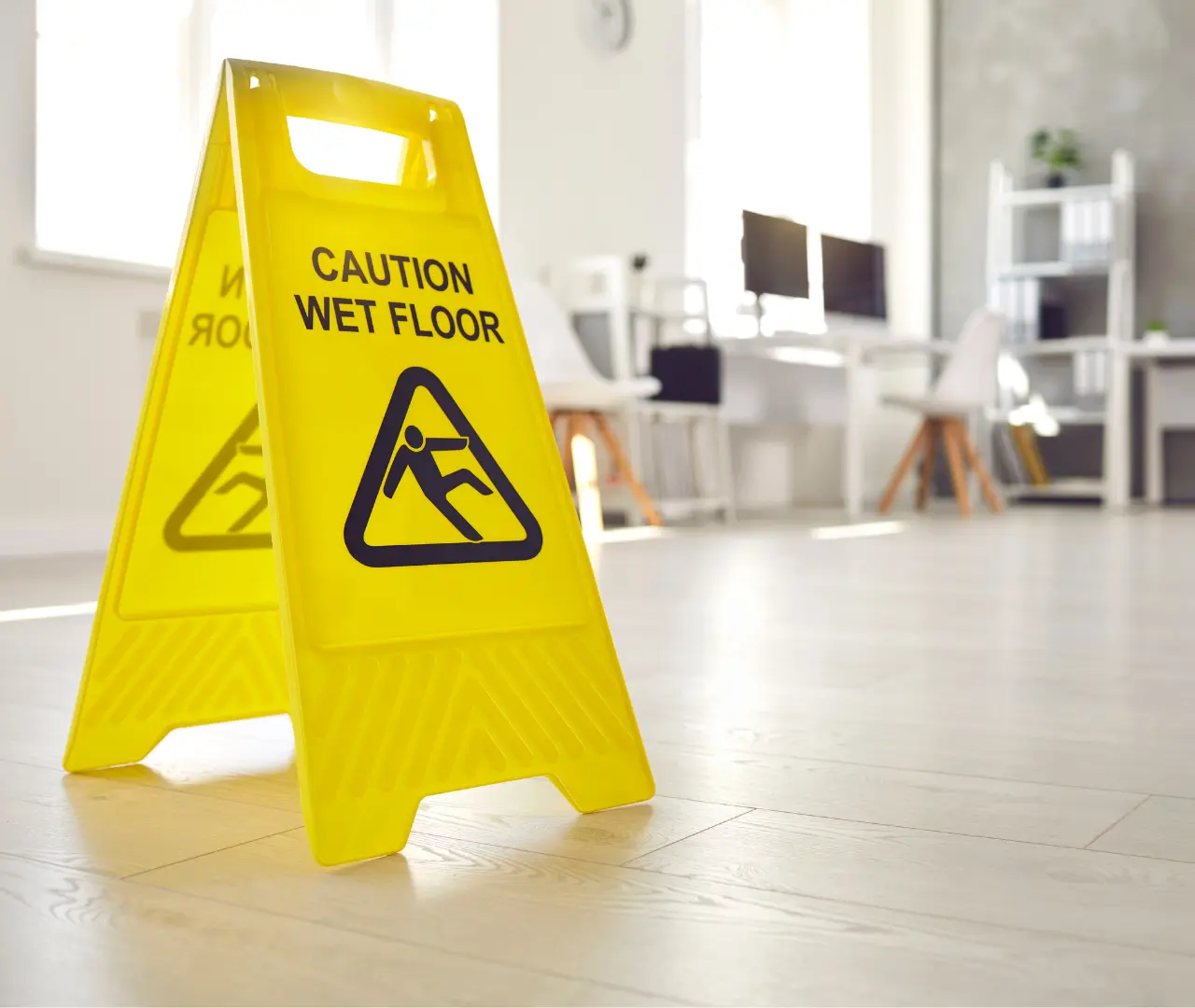Why the Franchise Model is Failing Commercial Cleaning (And What Works Better)

Every property manager has been there: you hire a franchise cleaning company expecting professional service and consistent quality, only to discover that the actual cleaning staff have minimal training, the local franchisee is cutting corners to pay franchise fees, and you're still dealing with the same reliability issues you faced with smaller independents.
Meanwhile, talented cleaning professionals are told that buying a franchise is their path to business ownership, only to discover they're paying thousands in fees for a brand name while receiving little operational support and being restricted to artificial geographic territories that limit their growth potential.
The franchise model in commercial cleaning isn't just broken—it's structurally designed to extract value from both clients and cleaning professionals while delivering mediocrity to everyone.
It's time for a different approach entirely.
The Franchise Promise vs. Reality
Cleaning franchises sell two compelling narratives that sound great in theory but fall apart in practice:
To Clients: "Professional Management and Consistent Standards"
The Promise: National brand recognition, standardised training, corporate oversight, and professional management systems.
The Reality:
- Franchisees focused on paying royalty fees rather than investing in service quality
- Minimal actual training beyond basic operations manuals
- Corporate oversight that's more about brand protection than service improvement
- Local franchisees who may lack the business skills or resources for proper operations
To Cleaning Professionals: "Business Ownership and Growth Opportunities"
The Promise: Established business systems, marketing support, ongoing training, and a path to entrepreneurship.
The Reality:
- High upfront costs ($50,000-$150,000+) that create debt burdens before earning any revenue
- Ongoing royalty payments (5-10% of gross revenue) that squeeze already thin margins
- Geographic restrictions that limit growth and client acquisition
- Cookie-cutter systems that may not fit local market conditions or client needs
The Economic Structure That Guarantees Problems
The fundamental issue with franchise cleaning models isn't execution—it's economics. The franchise structure creates incentives that work against both service quality and long-term business sustainability.
The Franchise Fee Squeeze
When franchisees must pay 5-10% of gross revenue to corporate headquarters, that money comes from somewhere:
- Reduced investment in training and equipment
- Lower compensation for cleaning staff
- Pressure to cut service time or corners to maintain margins
- Inability to price competitively while maintaining quality standards
Territory Restrictions That Limit Growth
Franchise territories might make sense for restaurants, but they're economically damaging for cleaning services:
- Cleaners can't serve multiple sites efficiently if they're artificially separated by territorial boundaries
- Large commercial clients with multiple locations can't receive consistent service across their portfolio
- Geographic restrictions prevent natural business development and referral growth
Brand Value vs. Actual Value
Cleaning clients care about results, not logos. Paying for brand recognition in an industry where service quality is evaluated through direct experience creates a fundamental value mismatch.
The Independent Alternative (And Why It's Also Insufficient)
Recognising franchise limitations, many talented cleaning professionals choose to operate independently. This solves some problems but creates others:
Advantages of Independence:
- Complete control over service standards and client relationships
- No franchise fees eating into margins
- Flexibility to adapt to local market conditions
- Ability to build genuine client partnerships
Limitations of Going Solo:
- Lack of economies of scale for purchasing, insurance, and equipment
- Limited marketing reach and business development resources
- Isolation from peer learning and professional development
- Difficulty accessing larger commercial contracts that require broader capacity
- No backup support during emergencies or growth periods
The result? Many independent cleaners remain trapped in small-scale operations despite having the skills and ambition for larger success.
CLNRZ: A Third Way That Actually Works
What if there was a way to capture the benefits of both franchise systems and independent operation while eliminating the structural problems of each?
That's exactly what CLNRZ's network model accomplishes.
Shared Resources Without Franchise Fees
Our network provides the operational advantages of large-scale organisation:
- Bulk purchasing power for supplies and equipment
- Shared insurance programs and risk management
- Collective marketing and business development
- Technology platforms that would be expensive for individuals to develop
The difference: Instead of extracting value through franchise fees, we create value through shared success. Network members benefit from economies of scale without the financial burden of royalty payments.
Professional Development Without Geographic Restrictions
Network members receive comprehensive training and ongoing education:
- Specialisation certifications that increase earning potential
- Business development coaching for sustainable growth
- Peer learning from other successful network members
- Technology training for efficiency and service documentation
The difference: Geographic boundaries don't limit growth. Network members can serve clients efficiently based on capability and relationship, not artificial territorial restrictions.
Quality Standards Through Aligned Incentives
Rather than relying on corporate oversight to enforce standards, our cleaner-owner program creates structural accountability:
- Direct ownership stakes in network success
- Client satisfaction directly impacts individual compensation
- Peer accountability within professional community
- Recognition and advancement based on actual performance
The difference: Quality comes from internal motivation and aligned incentives, not external monitoring and enforcement.
The Network Effect: 1 + 1 = 3
The most powerful advantage of CLNRZ's network model is how individual success multiplies through community collaboration:
Knowledge Sharing That Accelerates Growth
When network members encounter challenging cleaning situations, they can draw on collective expertise from dozens of other professionals. This collaborative learning accelerates skill development in ways that isolated operation never could.
Capacity Flexibility for Large Opportunities
Individual network members can collaborate on large contracts or multi-site clients, sharing revenue based on contribution rather than losing opportunities due to capacity limitations.
Professional Recognition and Career Development
The network provides advancement pathways that don't exist in traditional franchise or independent models—from specialisation development to training and mentorship roles to operational leadership positions.
Risk Distribution and Mutual Support
Network members can cover for each other during emergencies, vacations, or health issues, providing the reliability that clients need while offering security that individual operators rarely achieve.
What This Means for Property Managers
When you contract with CLNRZ network members, you get advantages that neither franchise nor independent models can provide:
Franchise-Level Consistency Without Franchise Overhead
- Standardised training and quality protocols
- Professional business practices and communication
- Reliable backup coverage and contingency planning
- Technology platforms for service verification and documentation
Independent-Level Attention Without Independent Limitations
- Direct relationships with the people actually cleaning your facility
- Flexibility to adapt service to your specific needs
- Motivation that comes from ownership stakes rather than hourly wages
- Access to specialised expertise and larger capacity when needed
Network Advantages That Neither Model Offers
- Continuous improvement through peer learning and knowledge sharing
- Innovation adoption that benefits from collective resources
- Professional development that creates increasingly skilled service providers
- Economic sustainability that supports long-term partnerships
The Structural Difference That Changes Everything
Here's the fundamental distinction: Franchise models extract value from both clients and operators to benefit corporate shareholders. Independent models limit growth and resources. CLNRZ's network model creates value for everyone by aligning individual success with collective prosperity.
When cleaning professionals have genuine ownership stakes in service quality, when they benefit from shared resources without paying franchise fees, and when they can grow their businesses within a supportive professional community, they deliver service that traditional models simply cannot match.
The Future of Commercial Cleaning
The cleaning industry is at a turning point. Property managers are demanding better reliability, transparency, and value. Cleaning professionals are seeking genuine business opportunities rather than just jobs or expensive franchise obligations.
The companies that will thrive are those that solve both challenges simultaneously—creating structures where excellent service becomes economically rational and professionally rewarding.
This isn't about incremental improvements to existing models. It's about recognising that the franchise approach is fundamentally flawed for service industries where relationships, flexibility, and local expertise drive success.
The network model isn't just better than franchising—it's the structural evolution that the cleaning industry has needed for decades.
Ready to experience commercial cleaning that delivers franchise-level consistency without franchise limitations? Contact CLNRZ to discover how our network approach creates better outcomes for property managers and cleaning professionals alike.



